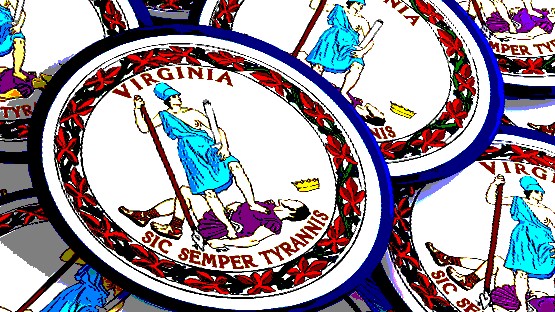
The program, now in its 14th year, is a national campaign of volunteer bankers who help young people develop responsible credit habits. Virginia banks utilized the program’s awareness day – Get Smart About Credit Day – held Thursday, Oct. 20 as an opportunity to visit schools in their area. 128 bankers from 16 banks presented lessons on important financial obstacles facing teens, including paying for college, building good credit habits, managing their money and protecting their identity.
“Participating in Get Smart About Credit gives us an opportunity to equip teens and young adults in our local community with critical money management skills,” said Bruce Whitehurst, President and CEO of the Virginia Bankers Association. “With these lessons, students can begin building the foundation for a financially fit future.”
In honor of Get Smart About Credit Day, Virginia bankers offer these seven tips to give students an edge on mastering personal finance:
- You are in charge. You are responsible for your finances and you should act accordingly by creating a realistic budget or plan and sticking to it.
- Watch Spending. You control your money, determining how you spend or save it. Pace spending and increase saving by cutting unnecessary expenses like eating out or shopping so that your money can last throughout the school year.
- Use Credit Wisely. Understand the responsibilities and benefits of credit. How you handle your credit in college could affect you well after graduation. Shop around for a card that best suits your needs.
- Utilize Your Bank Account. Banks are more than money in a vault. They offer valuable services that students can benefit from like check cashing, debit cards, mobile and online banking, balance alerts, personal loans, direct deposit, financial education and some offer identity theft protection.
- Be particular when it comes to money. Don’t just trust anyone with your money. Be skeptical of classmates, friends or salespeople who have ideas for your money.
- Save. Things happen, and it’s important that you are financially prepared when your car or computer breaks down or any one of life’s unexpected emergencies. No matter how small the amount you should start putting some money away immediately.
- Ask. This is a learning experience, so if you need help, ask. Your parents or your banker are a good place to start and remember the sooner the better.










